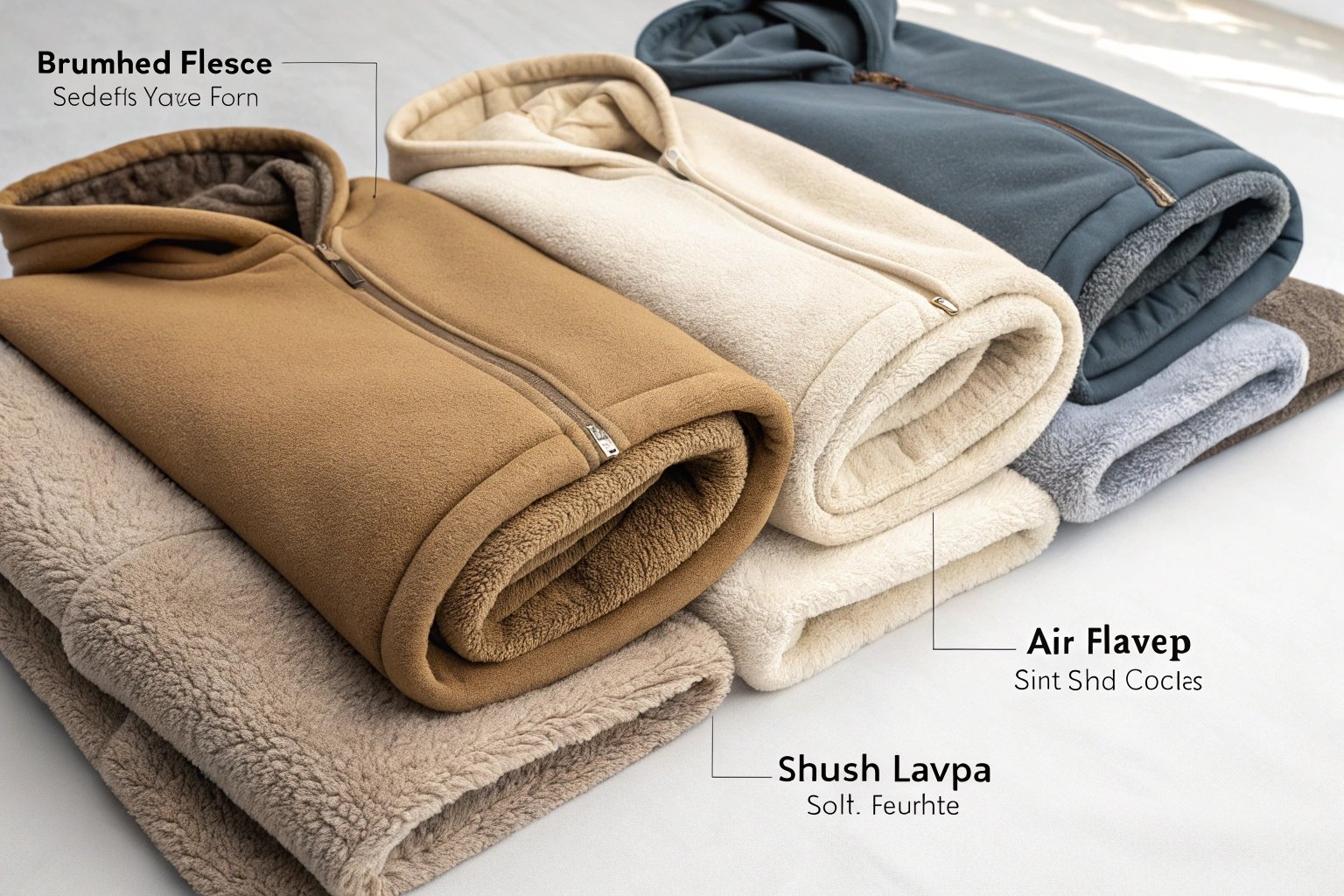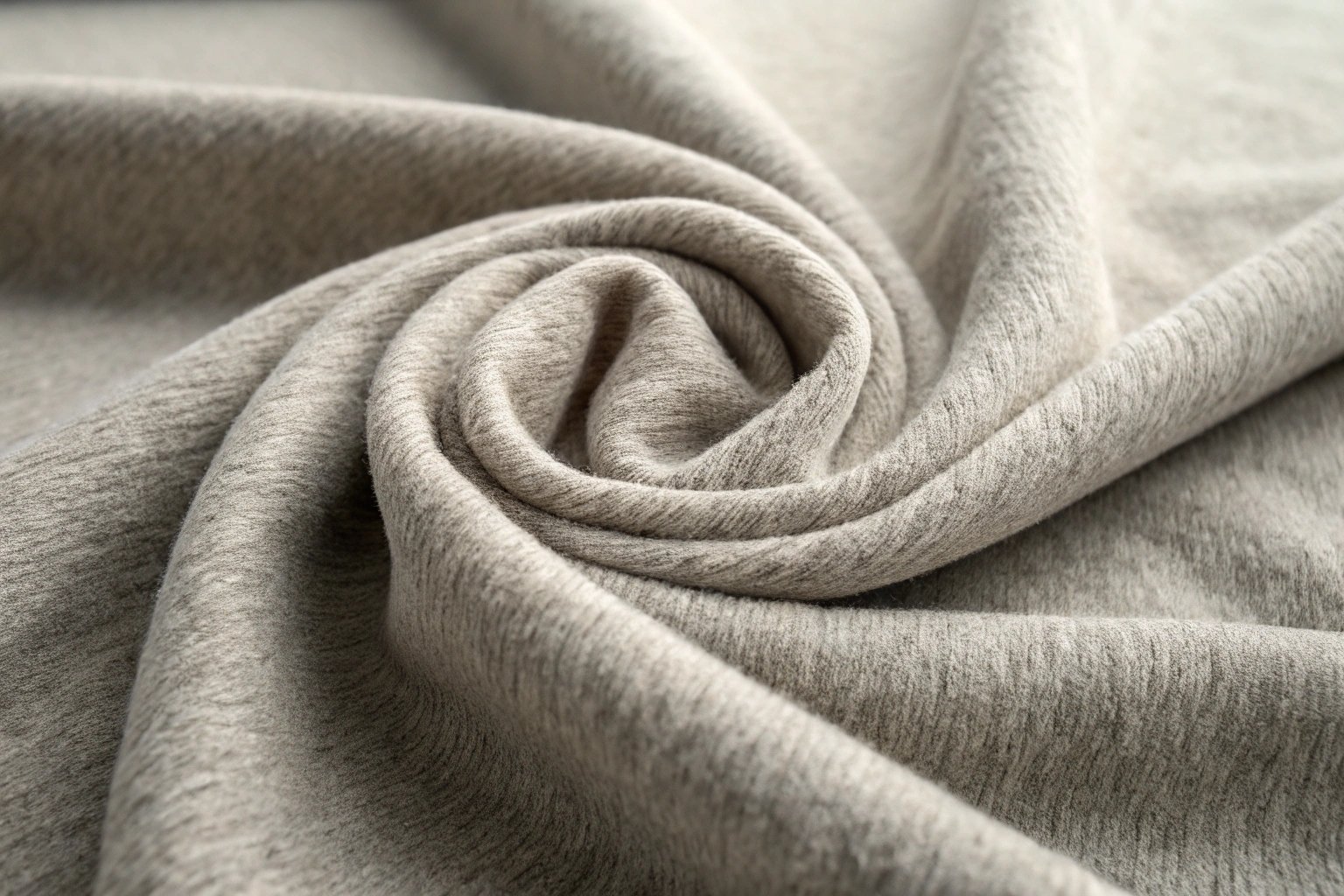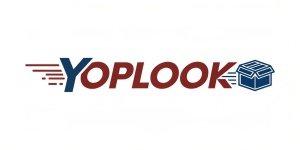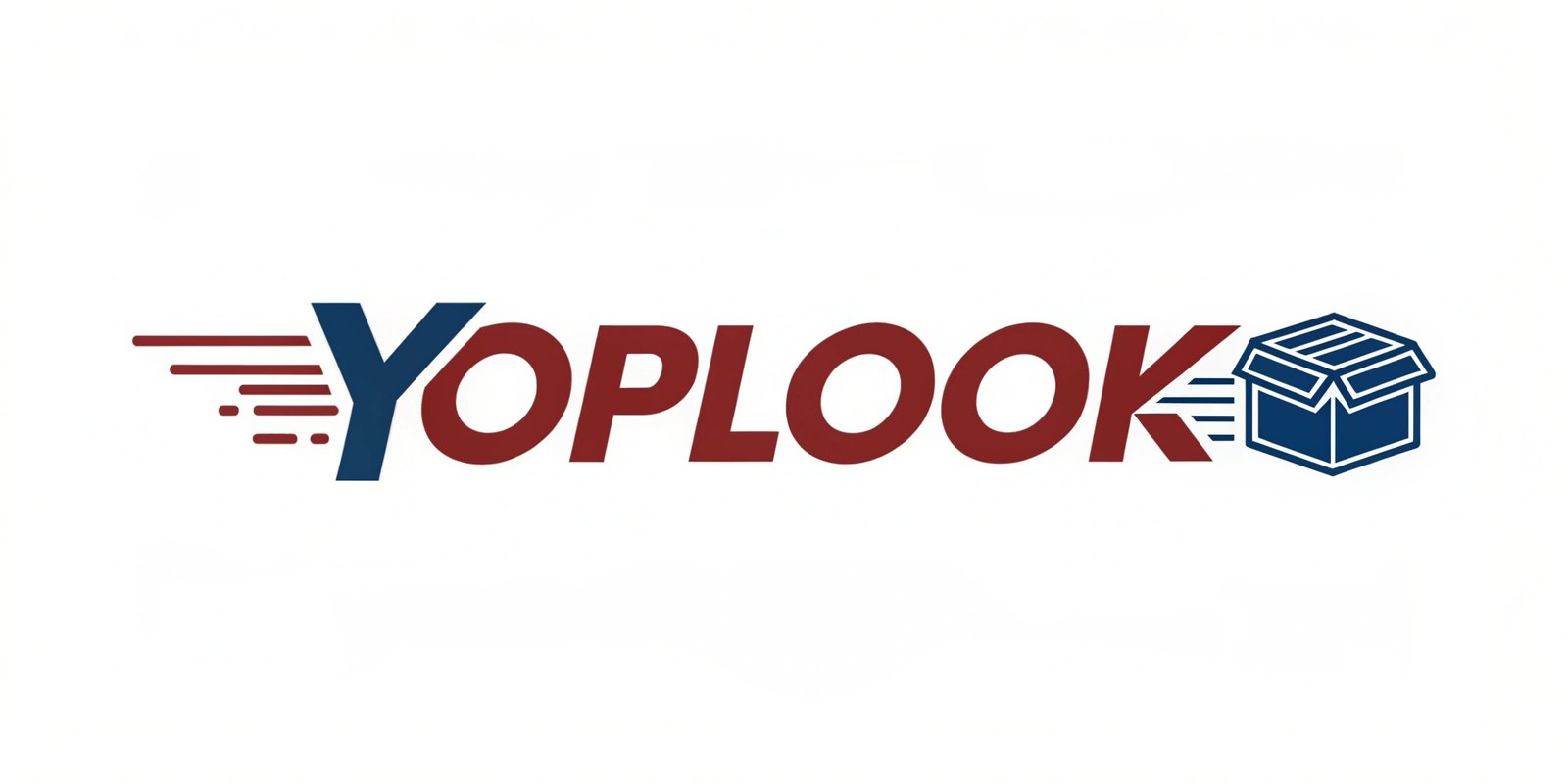Brushed fleece offers softness and warmth at a low cost, air layer balances structure and breathability, while sherpa delivers plush insulation with a premium price tag.

If you’re designing or sourcing hoodies for your brand, choosing between brushed fleece, air layer, and sherpa will define your product’s comfort level and price point. Each material creates a different customer experience—and targets a different market.
What is brushed fleece and why is it so common?
Brushed fleece is made by brushing the inside of a cotton or poly blend to create a soft, insulating nap. It’s affordable and perfect for casual wear.

Brushed fleece hoodies have a soft, fuzzy interior that feels warm against the skin. The brushing process raises the fibers inside, creating insulation without adding much weight. Most mid-market hoodies—from retail basics to sports brands—use this fabric because it’s cost-effective, easy to dye, and has mass appeal. While it doesn’t offer luxury, it hits a sweet spot of comfort and affordability. The downside? It can pill over time and may not breathe well in high-activity use.
| Feature | Effect on Hoodie | Market Fit |
|---|---|---|
| Brushed Interior | Feels soft and cozy | Everyday, lifestyle hoodies |
| Cotton/Poly Blend | Good color hold, low shrink | Mass-market casualwear |
| Low Cost | Affordable production | Budget to mid-tier brands |
What is air layer fabric and how does it compare?
Air layer fabric is a three-layer knit construction that traps air between layers, offering moderate warmth, structure, and breathability.
Air layer fabric sandwiches a spongy middle layer between two smooth knit surfaces. The result is a hoodie that feels thicker and holds its shape without feeling heavy. It’s also more breathable than brushed fleece, making it ideal for daily wear in mild climates or indoor settings. Air layer hoodies usually have a clean, premium feel, and are often used in minimal or techwear collections. Costs are higher than brushed fleece, but still manageable for mid-range brands.
| Feature | Effect on Hoodie | Market Fit |
|---|---|---|
| Multi-layer Knit | Structured, holds shape | Fashion-forward brands |
| Built-in Air Pockets | Lightweight warmth | Spring/Fall collections |
| Smooth Exterior | Sleek appearance | Minimal or upscale casualwear |
What makes sherpa so different from the others?
Sherpa is a high-pile, fleece-like fabric that mimics wool. It offers premium softness and excellent insulation, but at a higher price point.
Sherpa’s texture is plush and woolly, providing serious warmth and a cozy feel. It’s typically used as a lining—either full-body or just in the hood or collar. Some fashion brands also use outer sherpa for a statement look. While it scores high on comfort and luxury, sherpa is thicker and more expensive to manufacture. It’s not ideal for activewear, as it traps heat and has limited breathability. But if you’re targeting premium winter wear or street-style collections, sherpa is a strong choice.
| Feature | Effect on Hoodie | Market Fit |
|---|---|---|
| High-Pile Fleece | Maximum warmth | Cold-weather wear, outerwear |
| Plush Texture | Soft, luxury hand-feel | Premium or boutique brands |
| Higher Cost | Raises price point | Fall/winter statement pieces |
Conclusion
Brushed fleece, air layer, and sherpa each bring unique qualities to hoodies. Brushed fleece is soft and affordable for everyday wear. Air layer adds structure and breathability for modern, versatile styles. Sherpa delivers maximum comfort and warmth for high-end or seasonal collections. Choosing the right fabric isn’t just about feel—it defines your brand position, pricing, and customer experience.

